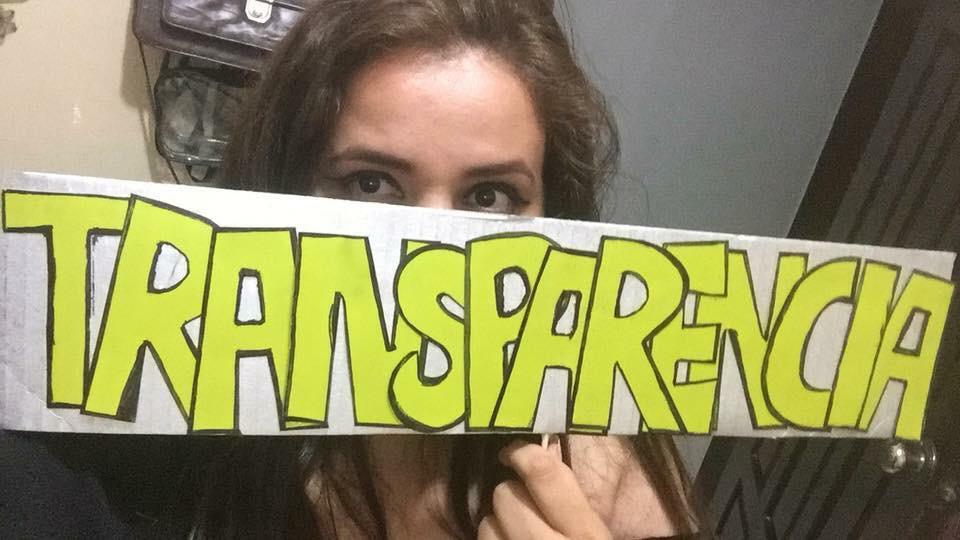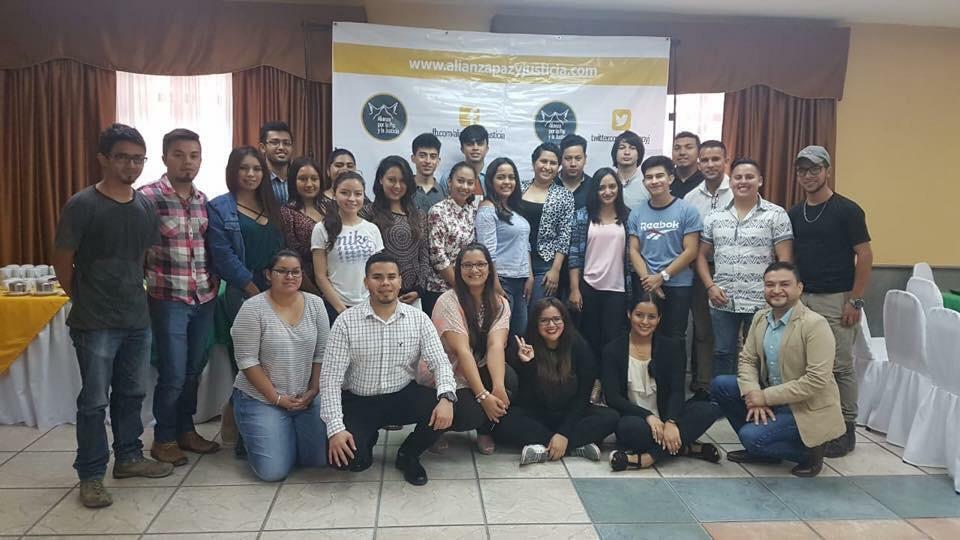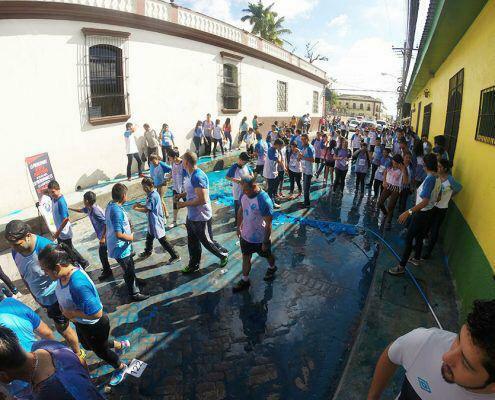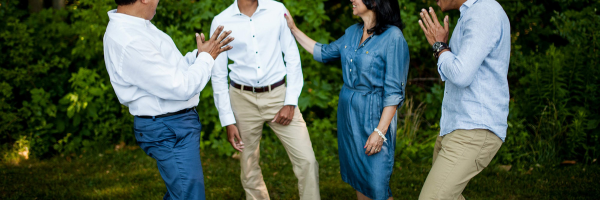At ASJ (formerly known as AJS), we believe justice work is more effective when people come together. That’s why we’ve worked to create networks of allies across the country. In 2014, we founded the coalition “Alliance for Peace and Justice (APJ)” to advocate in the area of peace and public security, particularly among young people. APJ now has six chapters across Honduras, including in the city of Santa Rosa de Copán, where Nelsy Barahona lives. When Nelsy’s not working or studying community development in college, she leads one of APJ’s regional youth chapters. Nelsy’s journey toward justice is an example of how ASJ can inspire people to recognize opportunities for change in their community – and take action.
February 26, 2019
With training from ASJ, a young woman advocates for peace and justice.
Hi Nelsy, thanks for being willing to share about how you are doing justice in your community! Can you tell us about where you live?
For the past few years, I’ve lived in Santa Rosa de Copan. It’s a beautiful, colonial-style town with cobbled streets. Santa Rosa is known throughout Honduras for its connection to Mayan history, its excellent coffee, and its unique cuisine.
What has motivated you to work for justice in this community?
In the midst of my community’s beauty, many people – especially young people – are suffering from violence. Though violence here is lower than Honduras’ larger cities, we struggle with child sexual abuse and domestic violence – two issues that I’m very passionate about. Compounding this problem is the ineffectiveness of many public officials. I know of situations where an abused woman has gone to the police but they urge her to go home and forgive her abuser instead of filing a report.
Throughout my life, I’ve also suffered violence personally. One day, I was at home alone, and three armed men broke in. They would have raped me if my stepfather had not suddenly arrived home. Instead, they beat him and tied the two of us up. I thought, “Well, this is where my life ends.” Another time, my cousin and I were kidnapped when we entered a taxi outside a university. Fortunately, in both situations, we were saved.
My 10-year-old nephew has inspired me the most to work for justice. One day, he told me, “Auntie, I want the Honduras I love to come back.”
And knowing someone that young is already conscious of violence, alongside my personal experiences, made me reflect, “What is happening to my country? Why do we have to suffer this way?” And that made me ask, “What can I do?”
How did your passion for justice lead you to ASJ and how did ASJ develop you as a community leader?
After that, I felt affirmed as a leader by ASJ and motivated by my love for Honduras to help teenagers in my community.
ASJ taught me how to survey my community, and how to perform audits of local government [a replication of ASJ’s national work to reform the police and increase transparency in government institutions]. Thanks to their workshops, I’ve also learned how to clearly and boldly speak with media. Now, I’m the coordinator of ASJ’s youth chapter in my community and I oversee about 25-38 teenage volunteers who share my commitment to justice.
With ASJ providing resources, training, and walking alongside you, what have you been able to contribute to your community?
After three years of involvement with ASJ’ local youth chapter and contributing to a culture of peace and justice, what are your hopes for your community, for Honduras, and for your future?
I hope that my community and country can change and be a place where people can walk peacefully in the streets without fear. We need to root out even the smallest injustices and corruption. And I hope teenagers are empowered to know they can change the status quo and prevent the trauma that violence causes. If we work together, I know my country can change.
Personally, I want to continue learning about citizen security.
Thanks to ASJ, I was introduced to a topic that is now my passion.
Now I’m in my final year of university, and my final project is researching how the justice system in my town can better serve us citizens. As I continue learning how this system works, I want to learn how to propose more solutions that resolve conflicts and create peace.
*This interview has been edited for length and clarity.






















